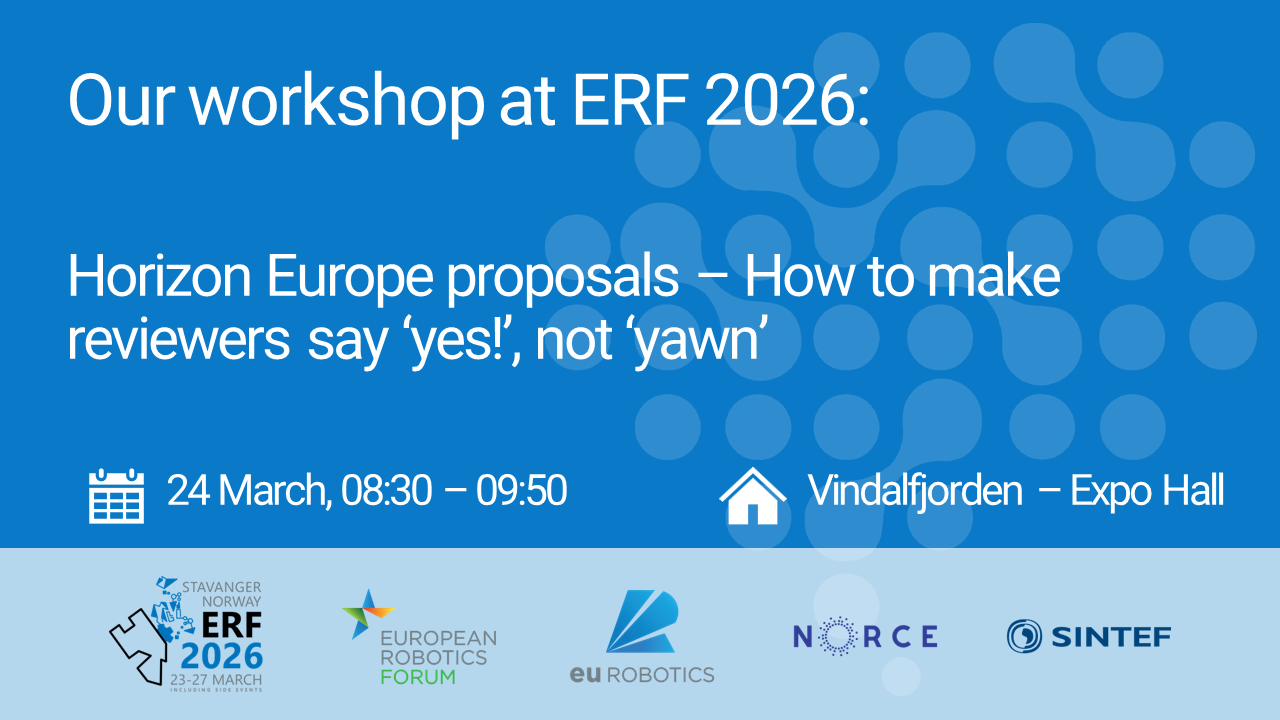

The goal of the Sci-GaIA Winter School is to create the skills to integrate scientific applications in the Africa Grid Science Gateway and/or in other domain-specific Science Gateways.
This will allow the creation of an intercontinental pool of experts that can act as “interface” between the end-users of the Communities of Practice (CoPs) supported by the project and the e-Infrastructure services.
The school will be entirely web-based and it will include a combination of pre-recorded lectures and interactive sessions per week where to check the progress of students through their short presentations and the correction of the exercises. Both the inaugural lecture and the final day’s presentations will also be held as interactive webinars.
The school will follow a project-driven education approach with teams of students working on the development of scientific applications to be integrated in the Science Gateway(s).
At the end of the school, a panel of experts will assess the progress made by the various teams of students and the winner and the runner-up application teams (max 2 persons per team) will win a free participation to the Sci-GaIA Final Conference that will be held in Brussels in March/April 2017.
REQUIREMENTS
In order to profit from the course, the following prior knowledge is required:
Skills:
Java programming;
Web application development (HTML, Java server pages, XML, Application Server, servlets);
Basic Unix shell (VPN, SSH, bash scripting);
Basic Database management (e.g., MySQL).
(Virtualised) Hardware:
Being a web-based course, no hardware is provided by organisers. Participants should have at their disposal for the whole duration of the course a real/virtual machine with either Mac OS X or Linux installed and at least 2 GB of RAM. CentOS, Fedora and Ubuntu are all recommended Linux distributions.
Software:
All software needed to integrate scientific applications in Science Gateways using the Catania Science Gateway Framework (CSGF) will be provided by organisers except the Integrated Development Environment (IDE) since participants can already be used to different IDEs.
Our recommended choice is however NetBeans. In order to create Liferay plugins you can use the Plugin Portal Pack extension of NetBeans or configure the plugin to use the Liferay SDK.
APPLICATIONS AND DEADLINES
Applications can be submitted exclusively through the web by filling a questionnaire where the applicant(s) – up to 4 persons per team – has/have to upload his/their CV(s) and presentation letter(s) and describe the scientific application proposed for the school.
The application form will be available online from the 16th of November 2015.
The deadline for the submission of applications is the 22nd of January 2016.
Accepted applicants will be notified, with a direct email, by the 15th of February 2016.
The detailed program of the school, including all pre-recorded lectures, training materials and descriptions of the scientific applications will be available online by the 22nd of February 2016.
SELECTION CRITERIA
Applications received by the above deadline will be evaluated on the basis of the following criteria:
Relevance of applicants’ CVs to the topics of the Winter School;
Composition and geographic distribution of the applicants’ team;
Presence of a proposed scientific application. If a scientific application is proposed, additional criteria will be:
Relevance of the proposed scientific application, in terms of its impact and size of the user base;
Multi-/inter-disciplinarity of the proposed scientific application;
Societal challenges addressed by the proposed scientific application;
Use of modern paradigms in the proposed scientific application (e.g., Distributed Computing, Big Data, Internet of Things, Open Data, etc.);
Readiness status of the proposed scientific application.
Up to 10 scientific applications, proposed by teams of up to 4 members each, will be selected.
CONTACT
For all questions you may have regarding the Sci-GaIA Winter School, please contact us by email [email protected].